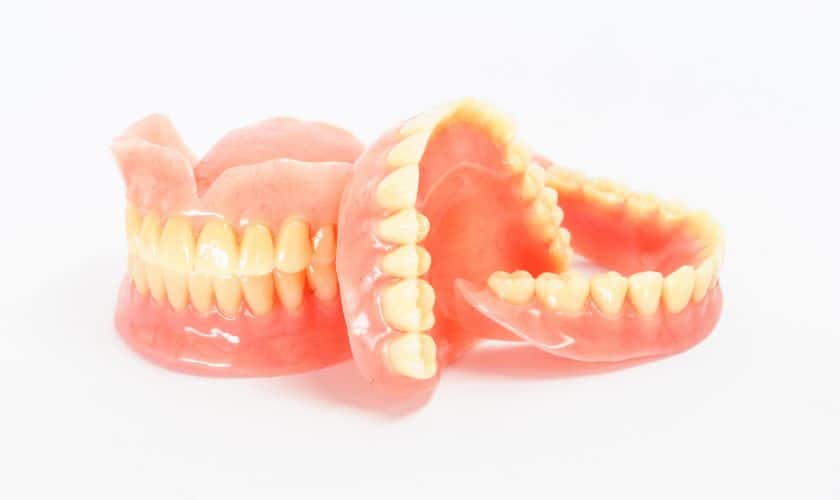Missing teeth have several consequences on oral health, appearance, and overall well-being. It greatly compromises oral functions like mastication and speech. Replacing missing teeth is crucial to restore your oral health. The team of the Houston dentist offers comprehensive teeth replacement through prostheses like dentures.
In this article, we will delve into the world of dentures, exploring the different types, benefits, and care instructions to help you make informed decisions about your oral health.
What are the consequences of missing teeth?
Some of the consequences include:
Shift in teeth alignment: Adjacent teeth may shift or move into the gap, leading to orthodontic issues.
Bone loss: The jawbone may deteriorate, causing facial sagging and changing the overall facial structure.
Difficulty chewing: Missing teeth can make eating and chewing food challenging, potentially leading to digestive issues.
Speech difficulties: Gaps in teeth can affect speech, causing lisps or other pronunciation problems.
Low self-esteem: Missing teeth can negatively impact self-confidence and self-esteem.
Increased risk of tooth decay and gum disease: surrounding teeth may become more prone to decay and gum disease.
Changes in facial appearance: Missing teeth can lead to a more aged or sunken appearance.
Difficulty speaking clearly: Missing teeth can affect articulation and clarity of speech.
Nutritional deficiencies: Difficulty chewing can lead to avoidance of certain foods, potentially causing nutritional deficiencies.
Overall health problems: Missing teeth have been linked to various systemic health issues, such as heart disease and diabetes.
What are dentures?
Dentures are a popular solution for individuals who have lost one or more teeth due to various reasons such as tooth decay, gum disease, or injury. They are removable prosthetic devices that are designed to resemble natural teeth and restore the appearance and function of a healthy smile. A skilled dentist in Cherry Creek, Denver can design and fit dentures that provide comfort, durability, and a natural look tailored to each patient’s needs.
Exploring the types of dentures
Here is a comprehensive list of the types of dentures:
Complete dentures: These dentures replace a full arch of teeth, either upper or lower, and are custom-made to fit your mouth.
Partial dentures: These dentures fill in gaps left by one or more missing teeth, preventing adjacent teeth from shifting out of position.
Implant-supported dentures: These dentures are anchored to dental implants, providing added stability and security.
Overdentures: These dentures fit over a small number of remaining natural teeth, preserving the surrounding bone and tissue.
What benefits do they offer?
Dentures are effective solutions to replacing missing teeth since they offer the following benefits:
Improved appearance: Dentures restore the natural appearance of teeth, boosting self-confidence and self-esteem.
Enhanced functionality: Dentures enable individuals to speak, eat, and chew with ease, improving overall quality of life.
Supportive: Dentures support the surrounding facial structure, preventing sagging and premature aging.
Removable: Dentures can be easily removed for cleaning and maintenance, ensuring good oral hygiene.
How do you care for your dentures?
Caring for your dentures is simple and easy, which helps improve their longevity. Here are a few useful tips to care for your dentures:
Cleaning: Brush dentures daily with mild soap and water, and soak them in a denture cleaner.
Storage: Store dentures in a protective case when not in use.
Avoid harsh chemicals: Avoid exposing dentures to harsh chemicals or abrasive materials.
Regular check-ups: Schedule regular dental check-ups to monitor denture fit and oral health.
Takeaway
Dentures offer a reliable solution for individuals with missing teeth, restoring the appearance, function, and confidence of a healthy smile. By understanding the different types, benefits, and care instructions, you can make informed decisions about your oral health and enjoy a beautiful, functional smile for years to come. Consult with your dentist to determine if dentures are right for you.







